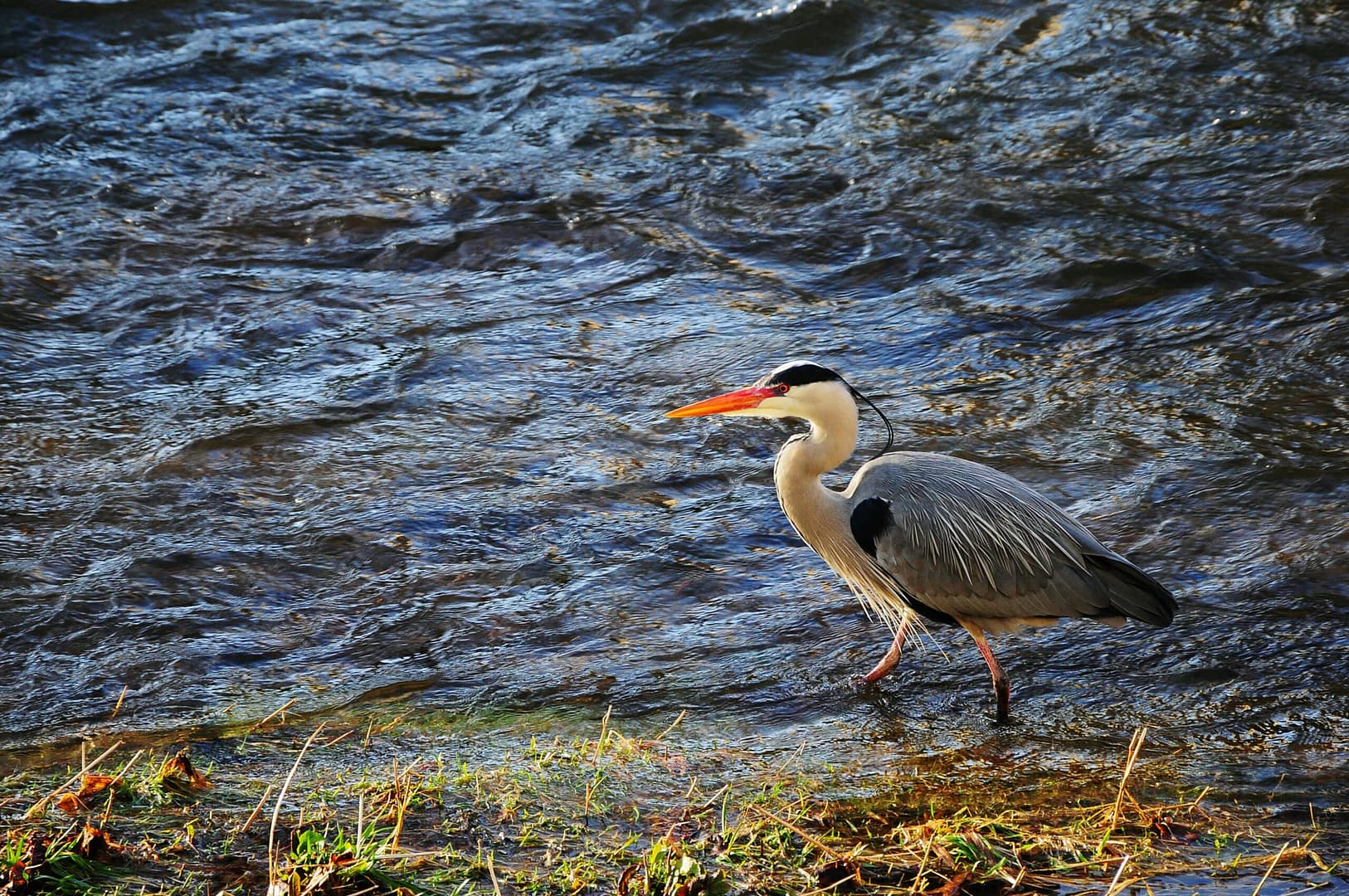
Imagining…
Where Science Meets Creative Writing
Find a story within the topics above
How can we look at fossils and understand what creatures roamed the Earth millions of years ago?
How can we predict the behavior of materials deep within planetary interiors?
How can we reverse humanity’s impact on the global climate?
How can we predict habitats for life on other planets?
Doing impactful, innovative research requires training our brain to imagine the elusive unknown, even when bounded by scientific evidence. Now, more than ever in the history of human civilization, there is a pressing need to exercise our imagination muscles. Writing scientific fiction while accounting for the real science is a powerful way to do just that—to learn what is possible, what is probable, how we can change the future, and what our responsibility is to the future generation of our species.
Most Recent Stories
-
-
Progress Without Morals
A scientist is trying to harness microbial properties to develop a fantastic tool. He believes he can; but should he?
-
For Today’s Inspiration
- Coverage, Briefing Set for NASA’s Artemis II Moon Rocket Roll to Pad
NASA’s integrated SLS (Space Launch System) rocket and Orion spacecraft for the Artemis II mission is inching closer to launch – literally. The agency is targeting no earlier than 7 a.m. EST, Saturday, Jan. 17, to begin the multi-hour trek from the Vehicle Assembly Building to Launch Pad 39B at NASA’s Kennedy Space Center in
- New York–Newark–Jersey City Metropolitan Area
The New York–Newark–Jersey City Metropolitan Statistical Area, which spans 23 counties across New York, New Jersey, and Connecticut and has a population of about 19.9 million, is pictured at approximately 3:29 a.m. local time Dec. 20, 2025, from the International Space Station as it orbited 262 miles above the Atlantic coast. Crew members aboard the
- The Past 3 Years Have Been the Three Hottest on Record
Extreme heat in 2023, 2024, and 2025 indicates a warming spike, a new analysis finds.
- AI Sheds Light on Hard-to-Study Ocean Currents
The Maluku Strait is a key predictor of conditions in the Indonesian Throughflow, modeling shows.
- Iran’s ancient Hyrcanian forests on fire | Science
The Hyrcanian forests, located along the southern coast of the Caspian Sea, represent one of the world’s most valuable relic temperate ecosystems (1). Inscribed as a United Nations Educational, Scientific, and Cultural Organization (UNESCO) World Heritage site in 2019, this 1.85-million-ha ecosystem is home to more than 3200 plant species, 180 bird species, and dozens of mammal species (2). After surviving for more than 25 million years, the forests have lost more than half their original area since the 1950s, primarily as a result of land use change for agriculture and urban development (3, 4). In November 2025, late and inadequate firefighting efforts allowed a wildfire to destroy another 600 ha of the forests (5, 6).
- Ontogeny of the spinal cord dorsal horn | Science
The dorsal horn of the mammalian spinal cord is organized into laminae where each layer is populated by different neuron types, has distinctive circuit connections, and plays specialized roles in behavior. An outstanding question is how this organization …
- Predictive coding of reward in the hippocampus
Nature, Published online: 14 January 2026; doi:10.1038/s41586-025-09958-0Calcium imaging of mouse hippocampal neurons while mice learn a reward-based task over several weeks provides insight into the evolution of the hippocampal reward representation during extended periods of experience.
- Sub-zero Celsius elastocaloric cooling via low-transition-temperature alloys
Nature, Published online: 14 January 2026; doi:10.1038/s41586-025-09946-4A compression-based, regenerative elastocaloric cooling device using low-transition-temperature tubular NiTi units in a cascaded configuration, which show superelasticity and substantial entropy changes, allows the construction of a sub-zero Celsius refrigeration system without refrigerant gases.


